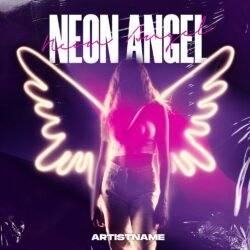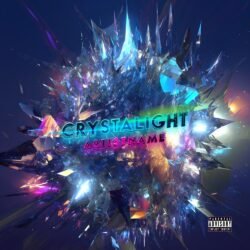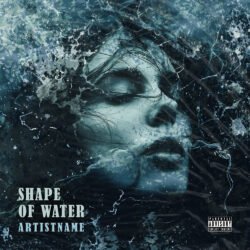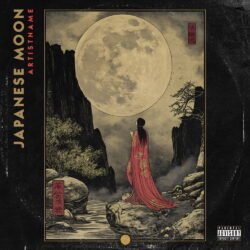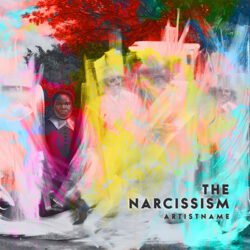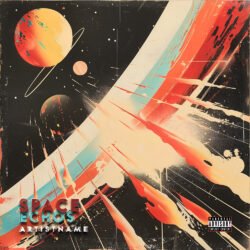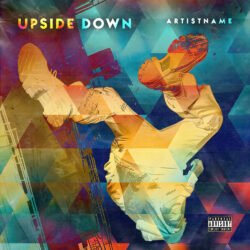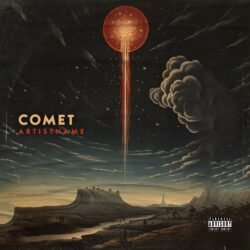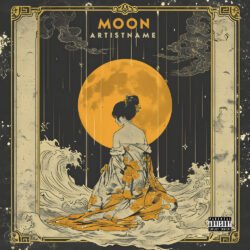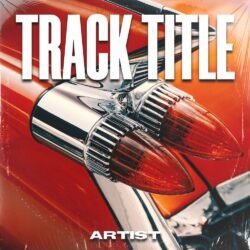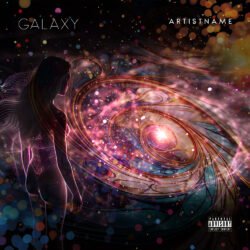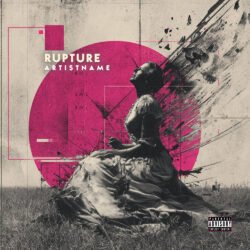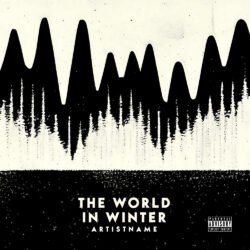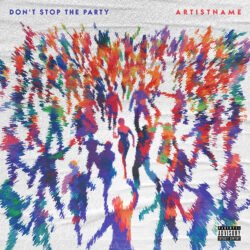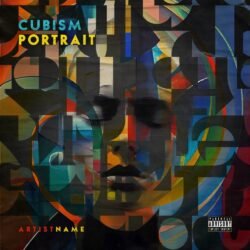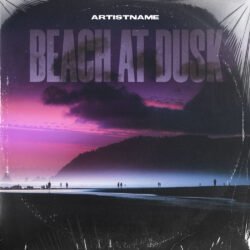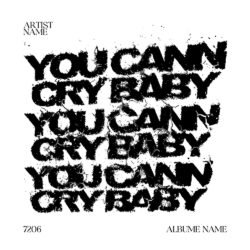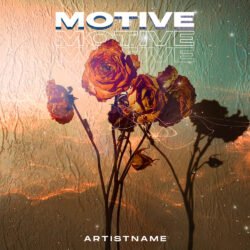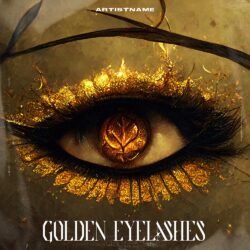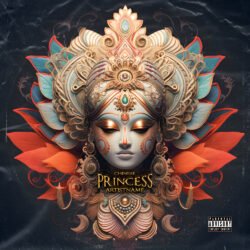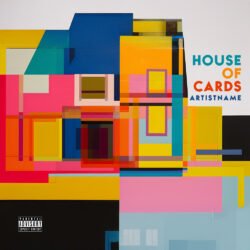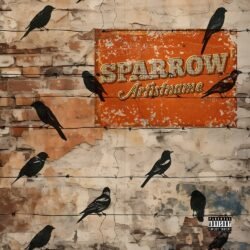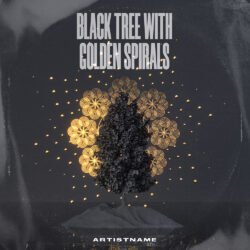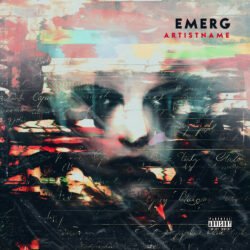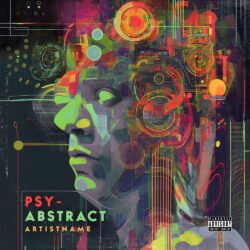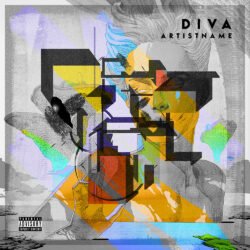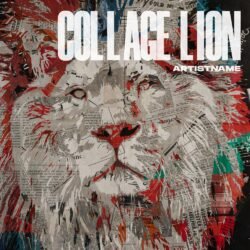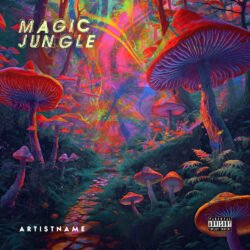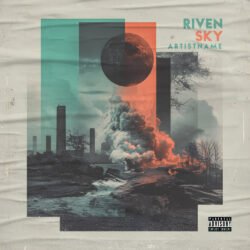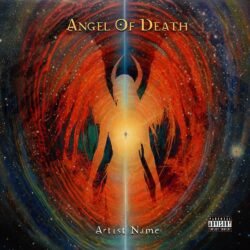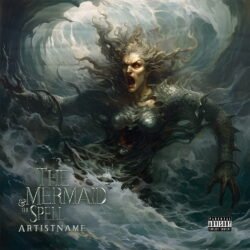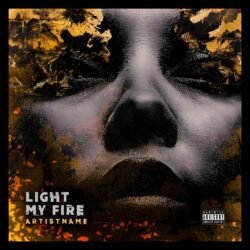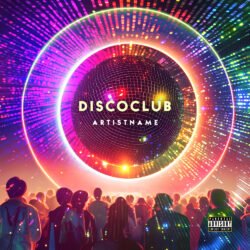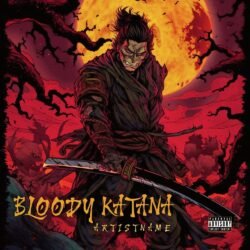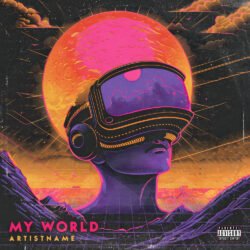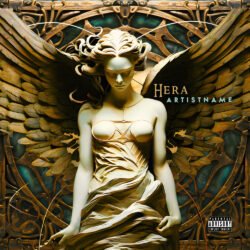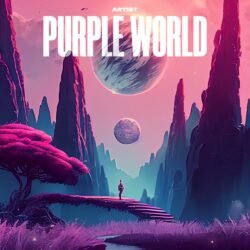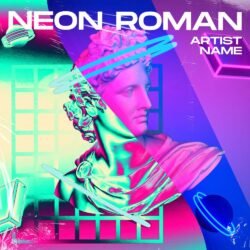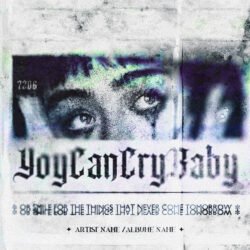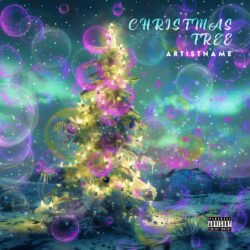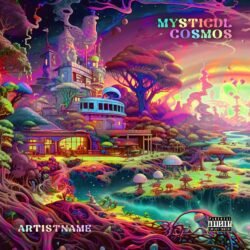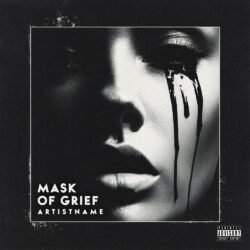Premade Pop Cover Art Designs
Download exclusive premade pop music album cover designs and digital artworks for sale created by artists, for artists.
Can’t discover your artwork? We’ve got you covered! Buy cover artwork's job is to curate a collection of unique exclusive licenses download premade artworks for sale, also provide design services for artists, musicians, bands, singers, vocalists, DJs, producers, record labels, authors, content creators, distributors, and publishers with the collaboration of top artists, designers, and makers that would elevate music into visual imagery.
Covering every genre, from Britpop, Indie pop, Electropop, Synthpop, Asian pop, and Dance-pop, to pop rock. Grab your favorite Artworks (illustrations, images, photos, collages, and graphic arts) and use them for Albums, Singles, EPs, Posters, Merchandise and more on Distrokid, Spotify, Apple Music, Bandcamp, Soundcloud, Tidal, Deezer, and other Streaming, Publishing, and Printing Services. You also can turn them into a short looping animation and use it for streaming services like Spotify videos or YouTube and other social media like Instagram stories or TikTok.
A Dive Into Pop Music
Skiffle
Schlager
Bubblegum & Teenybop
Singer / Songwriter
Country Pop
Pop Rock
Power Pop
Hi-nrg / Eurodisco
Disco pop
Post-Dioco
Indie pop
Asian pop
Dance pop
Electoclash (Nu Wave)
Electropop
Synthpop & New Romantics
Dream pop & Shoegaze
Britpop
Post-Britpop
Indietronica & Chillwave
Indie Folk & Freakfolk / New Weird America
Pop music is difficult to define. The content of its definition has shifted over time. What started as a network of white songwriters manufacturing premade songs for crooners and groups (Tin Pan Alley), became an individual crusade (singer/songwriter) and eventually a herald for integration and emancipation, where blacks as artists and teens as the audience were given recognition and a platform.
From the sixties until the eighties, Rock forms the basis for Pop, but that foundation shifts towards House in the nineties and R&B/Rap in the nillies. Lately (from 2010 onwards), Pop has become too eclectic to identify another super-genre within as the dominant core. Whatever that core may be, Pop is always a lighter, more accessible variant with catchy, pronounced melodies, but not too complex. Pop songs are always 100% radio-friendly, i.e. they are edited to play up to four minutes or less and have politically correct lyrics, often bordering on shallowness. Pop has plain song structures, which are easy to memorize and so are the chords or melodies. A strong focus on video clips and visual performance have become staples in the Pop industry throughout the years, as most Pop does try to sell. More than any
other super-genre, Pop has a commercial nature, or – in better terms – Pop transmutes in what sells the most.The word “Pop” is short for popular music and first coined in the fifties. Crooners from that decade were the first to be mentioned as “pop”. These artists had a tremendous popular appeal and their songwriters would seek inspiration from the most diverse genres in order to attain the perfect success formula. This means that at first Pop was not seen as a separate genre, but a collection of music from different genres that are the most popular. This is of course a matter of perspective. But although Pop may be vague as a group, especially in the beginning, its various subsequent subgenres are often well-defined. Therefore Pop is rightfully a super-genre on its own. Sometimes Pop is being used as a term for all popular music, but this is highly confusing and will not be used.
The strength of Pop music lies in a denial of genre or niche: Pop does not try to bring a new subculture or convey a message. It wants to include anyone and everyone and just have fun. Pop wants to be approachable: no barrier, no threshold, no shame. Anything goes. But Pop should not be seen as a derogatory term: every person adores at least one Pop song, whether it’s Britpop, Synthpop, Disco Pop or whatnot. Pop, after all, is not irreconcilable with innovation or quality. But what exactly defines Pop music then? Pop is whatever gets the most appeal from people, the common denominator between different music tastes and the most flexible, applicable of styles. Never too extreme in one aspect or another, yet never too mundane or boring; Pop seeks to catch the attention fast and hold it, but never in an offensive or disturbing way.
In the US, the repressive authority of the Bush administration on Dance/EDM parties in general has led since its inauguration in 2000 of a stronger intertwining of Dance, especially House, with other genres such as Rap, Nu R&B and Pop music. Electronic samples and the use of soulful vocals start to appear on EDM records that would otherwise be ignored. American EDM artists were forced to cross over to Pop to financially survive and this has led to an even greater diversity, complexity, and eclecticism in contemporary (Pop) music. After the Obama inauguration, “pure” EDM breaks through in the States, something that hasn’t happened since its birth in Chicago and Detroit. However, by that time, Pop, Dance, Rap, R&B, and Rock were already so clotted up (not the least by the advent of streaming music services and growing multimedia) that it might even be reasonable to discard Pop as a separate super-genre and regard it as simply a collection of the most popular and commercial music – just like it was in the beginning.

